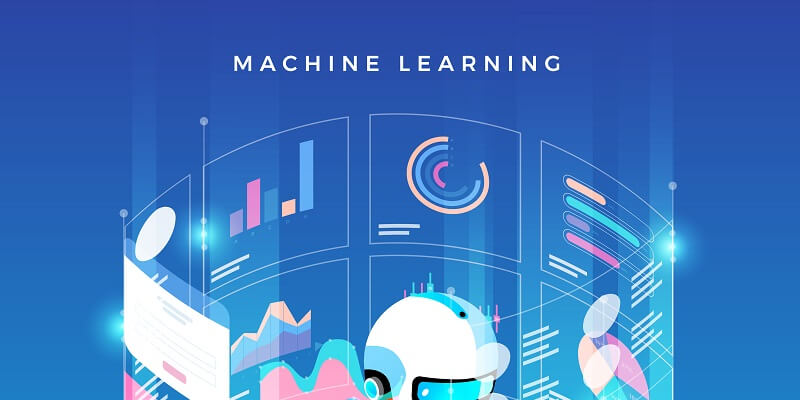In the fascinating realm of Account-Based Marketing (ABM), where data and creativity fuel strategies, navigating the challenges and ethical considerations that lie in wait is paramount. In this article, we will dive into the magic of machine learning for account segmentation and targeting, and uncover how it revolutionizes the ABM landscape.
The Importance of Effective Segmentation and Targeting in ABM
Effective segmentation allows us to identify the proper accounts with the highest potential for success, while targeting ensures that our marketing messages hit the bullseye. By leveraging machine learning algorithms, we can sift through vast amounts of data to uncover hidden patterns and gain valuable insights for precise account segmentation and targeting.
How Machine Learning Assists in Navigating and Extracting Insights from Data
Machine learning acts as our trusted guide, helping us navigate the vast seas of data and extract valuable nuggets of information. With its ability to process and analyze massive amounts of structured and unstructured data, machine learning enables us to gain a deep understanding of our target accounts, their needs, and preferences.
Unleashing the power of machine learning for account segmentation
Once we’ve unleashed the power of machine learning to segment our accounts, the real magic begins. Machine learning algorithms can identify similarities, patterns, and relationships within your account data, allowing for effective segmentation based on shared characteristics. This dynamic and adaptive segmentation ensures that our marketing efforts are laser-focused and tailored to individual account needs.
Using machine learning to predict account conversion and identify valuable customers
Machine learning can also act as a crystal ball, helping us predict which accounts are most likely to convert and become valuable customers. By analyzing historical data, behavioral patterns, and other relevant factors, machine learning algorithms can provide accurate predictions, allowing us to prioritize our efforts and allocate resources effectively.
The ability of machine learning algorithms to process and analyze vast amounts of data
One of the significant advantages of machine learning is its ability to process and analyze vast amounts of data. Traditional segmentation techniques may be limited by manual effort and subjectivity. Machine learning algorithms, however, can handle large datasets efficiently, extracting meaningful insights and uncovering hidden connections that may have gone unnoticed.
The continuous learning and adaptation capabilities of machine learning algorithms
Machine learning algorithms can continuously learn and adapt to new data, enabling dynamic and adaptive segmentation. They can refine their understanding of account characteristics, preferences, and behaviors over time, making our targeting efforts more accurate and effective. This iterative learning process ensures that our ABM strategies stay ahead of the curve and consistently deliver results.
Going Beyond Static Segmentation with Predictive Analytics in ABM
Machine learning goes beyond static segmentation by employing predictive analytics. By analyzing a range of factors such as firmographics, intent signals, and engagement data, machine learning algorithms can predict the future behavior of individual accounts. These predictions allow us to proactively tailor our marketing strategies for maximum impact, ultimately driving higher conversion rates.
Exploring Clustering Analysis as a Machine Learning Technique for Grouping Similar Accounts
Clustering analysis is a machine learning technique that groups similar accounts based on shared characteristics. By identifying clusters of accounts with common attributes, we can tailor our marketing messages and campaigns to cater to the specific needs and preferences of each cluster. This granular approach enhances the effectiveness of our marketing efforts, ensuring we deliver relevant content and experiences to each targeted group.
As we harness the power of machine learning in Account-Based Marketing, it is crucial to navigate the challenges and ethical considerations that arise in the process. While machine learning provides us with unprecedented capabilities and insights, we must ensure that our strategies are aligned with ethical guidelines and regulations. By combining data-driven approaches with creativity, we can unlock the true potential of ABM and deliver personalized experiences that resonate with our target accounts, ultimately driving business success.
In conclusion, machine learning offers a plethora of opportunities to enhance account segmentation and targeting in ABM. By leveraging its power to process vast amounts of data, predict account conversion, and adapt to changing dynamics, organizations can elevate their marketing efforts and achieve exceptional results. With the right blend of data, creativity, and ethical considerations, machine learning becomes a transformative force in Account-Based Marketing, paving the way for unprecedented success in the digital landscape.

